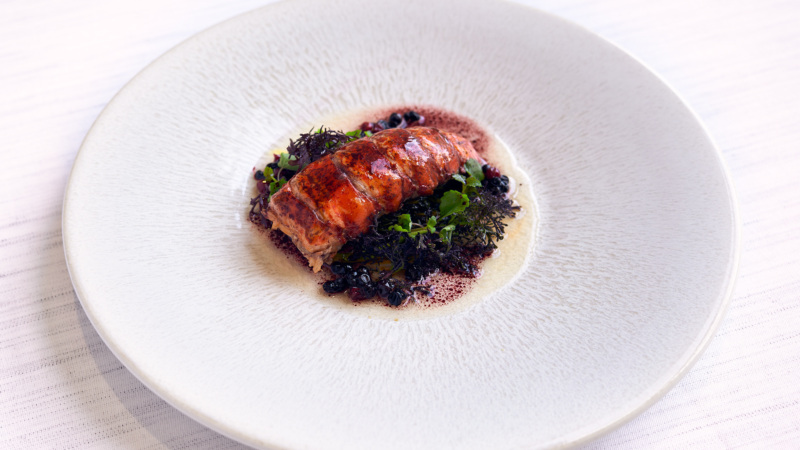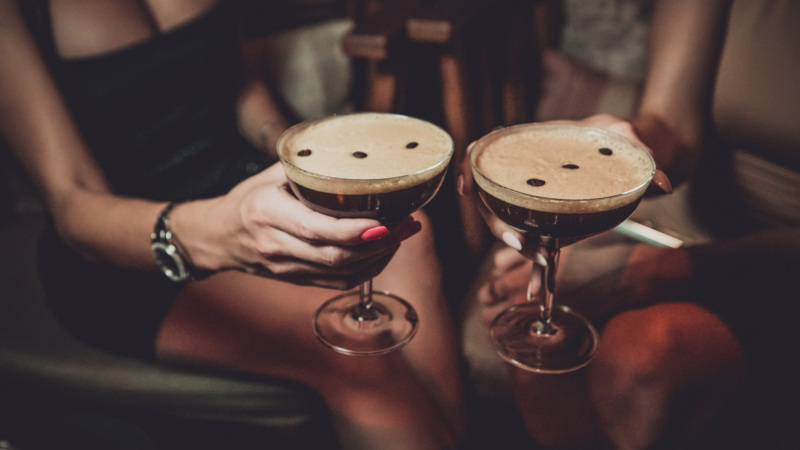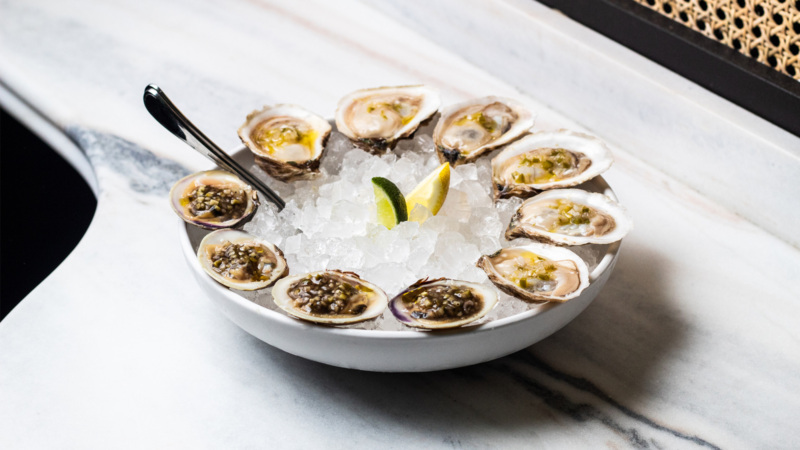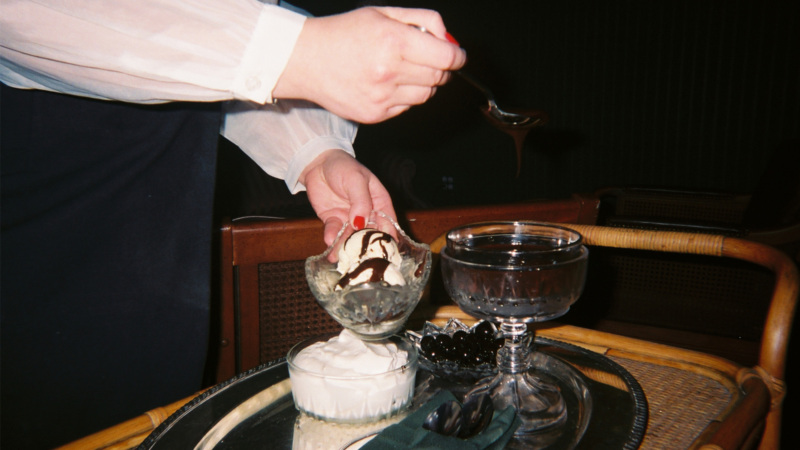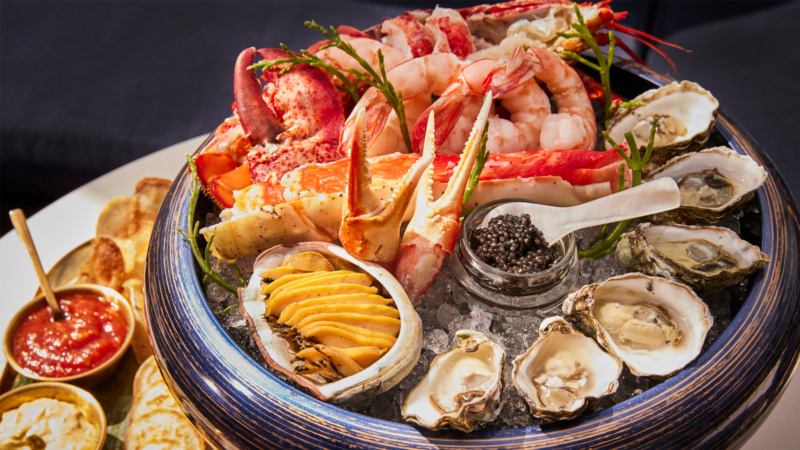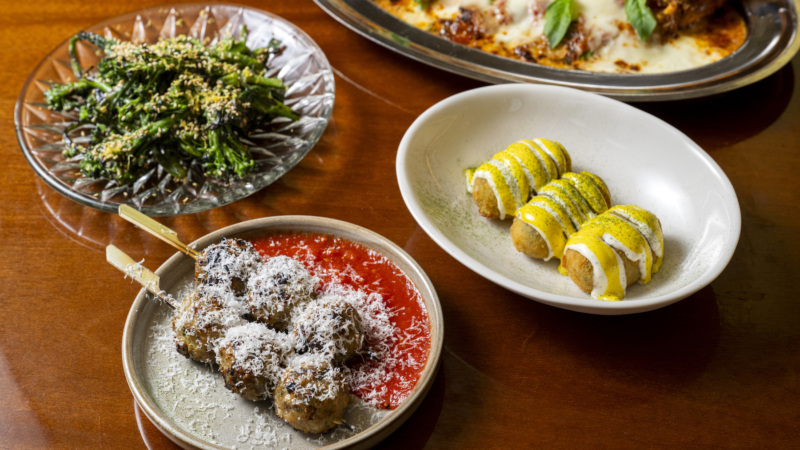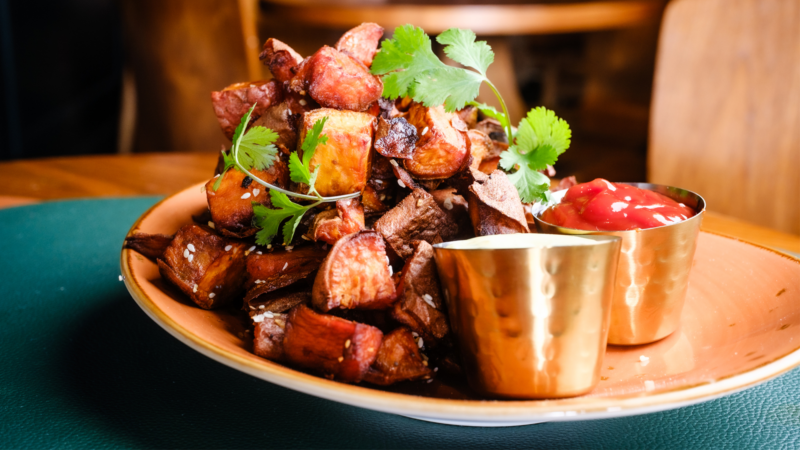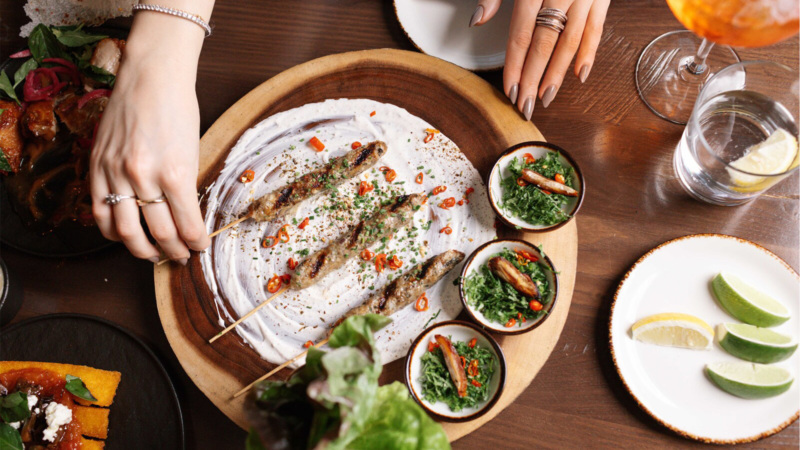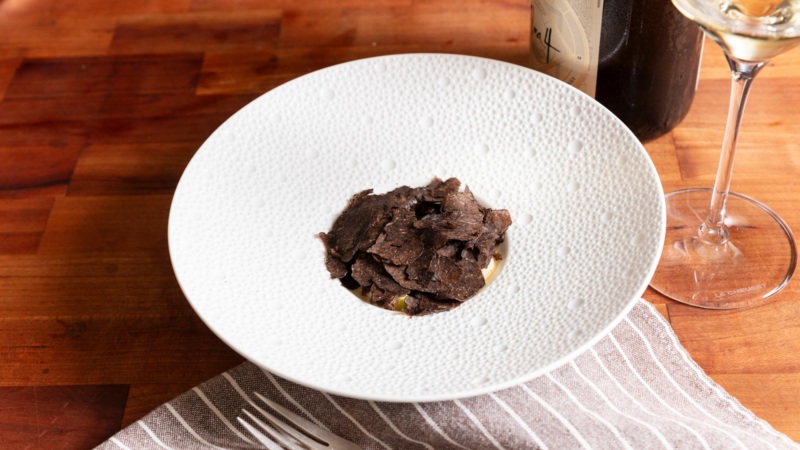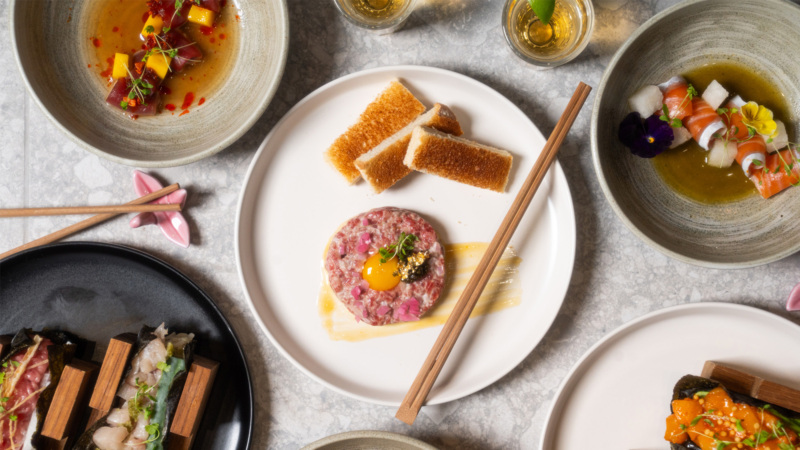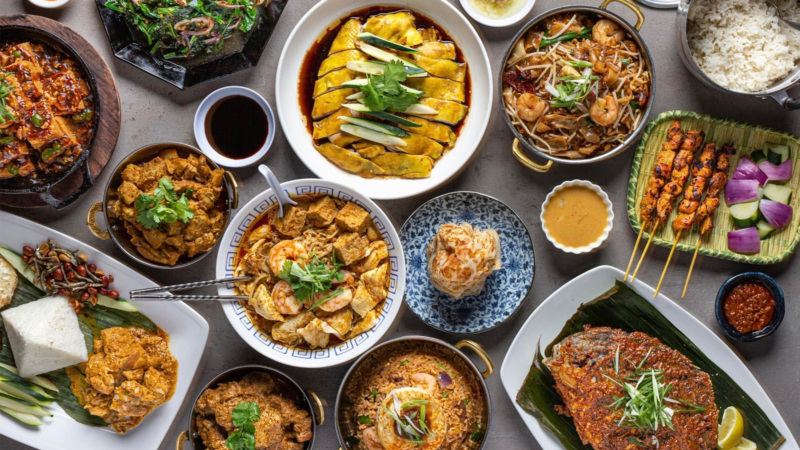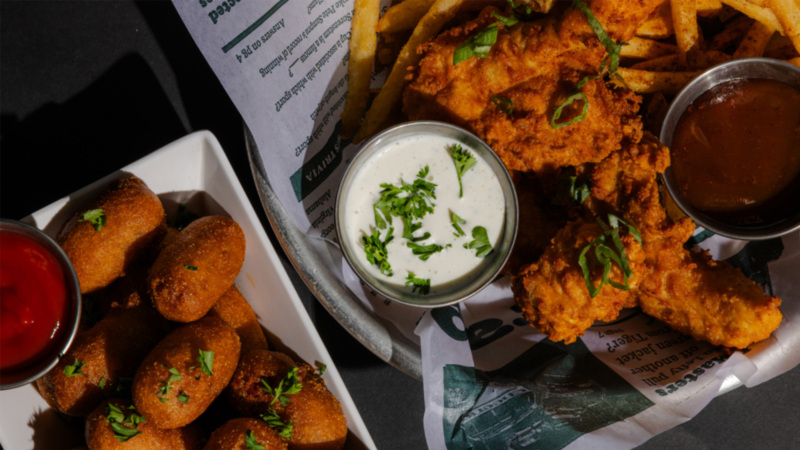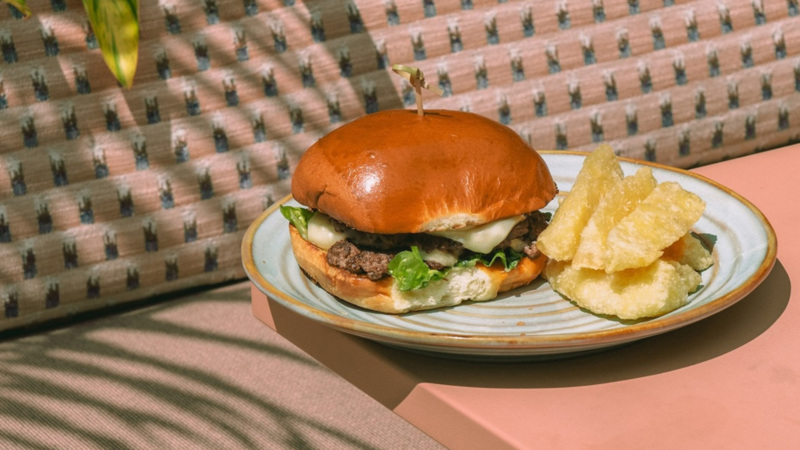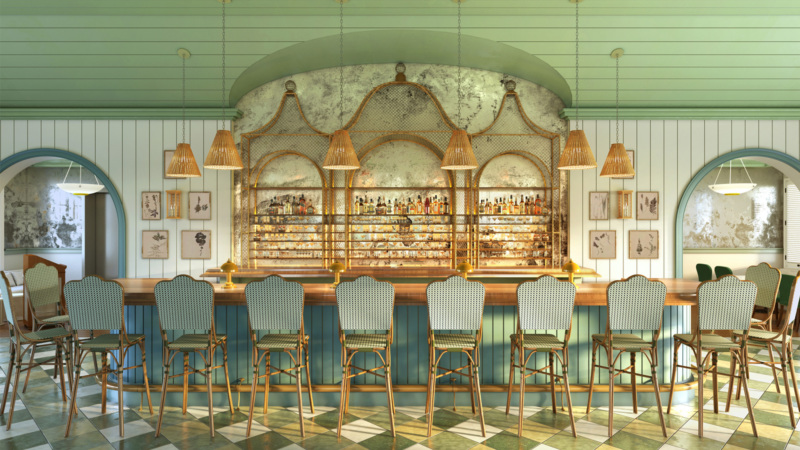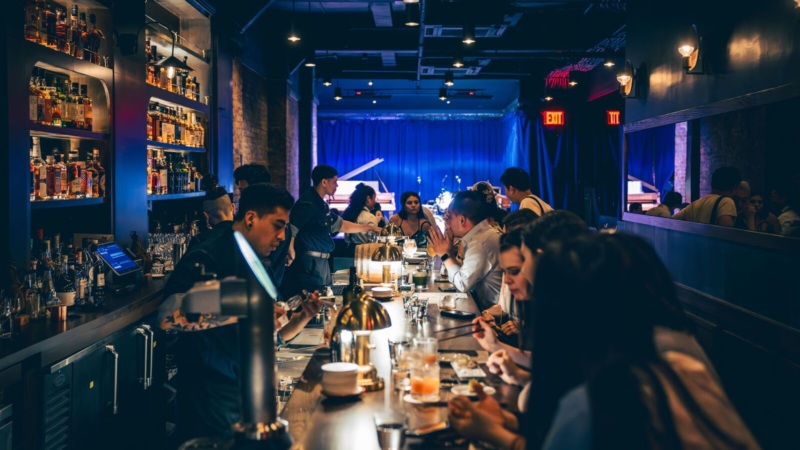
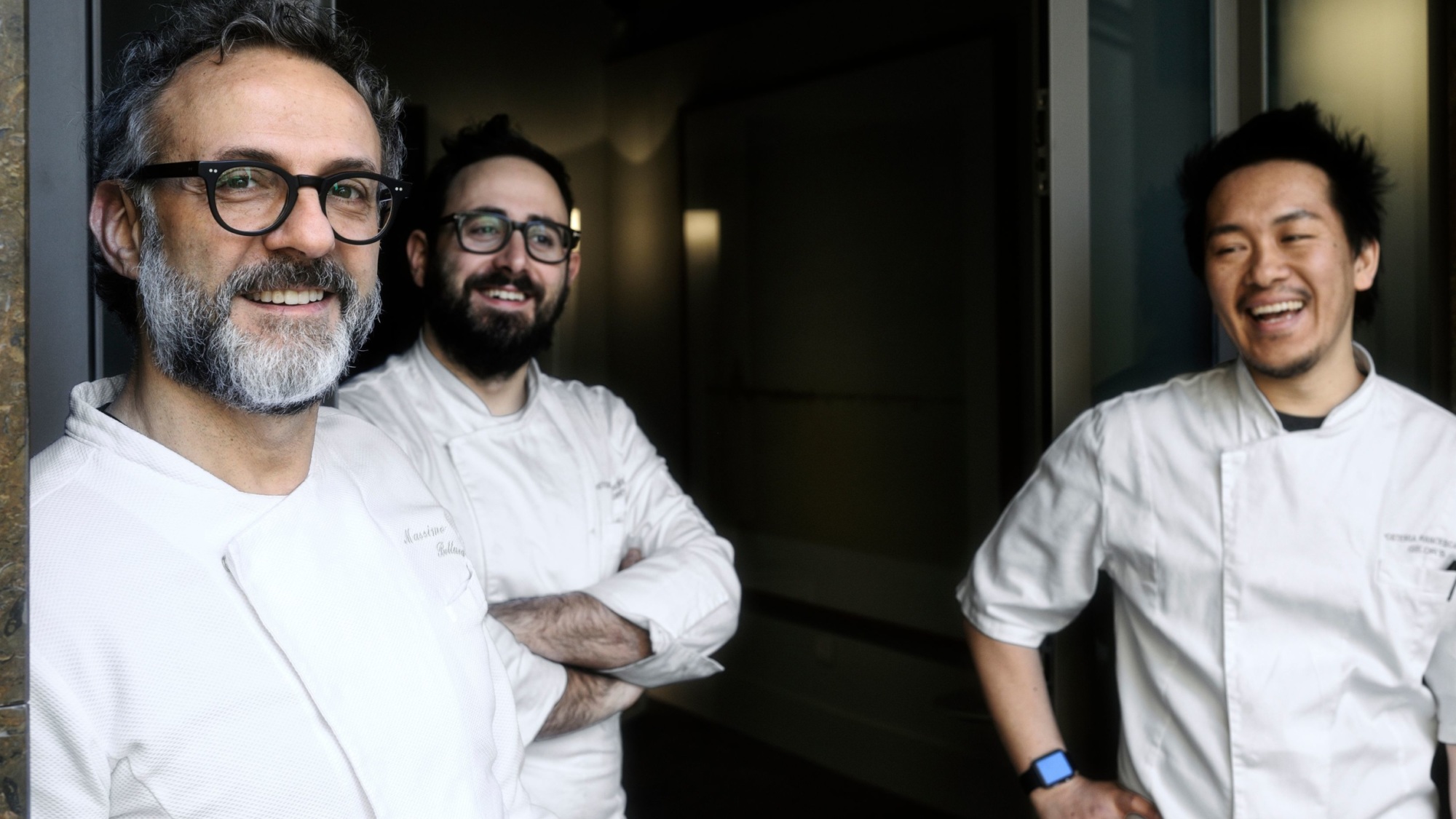
‘The Role Of The Chef Has Already Changed’: Massimo Bottura on the Future of Dining and Staff Empowerment
In the world of restaurants, chef and restaurateur Massimo Bottura needs little introduction. Osteria Francescana, his flagship restaurant in Modena, is about as decorated as it gets — three Michelin stars, Best Restaurant in the World — while he himself has pushed the envelope on what is possible and, increasingly, expected from prominent culinary figures.
*****
Osteria Francescana reopened on June 2nd. What were your feelings when the restaurant doors finally reopened?
When you are fully booked for every lunch and dinner, what can you say? It’s unbelievable. It’s more than what I expected. So it’s something that makes me feel very proud, makes me feel we did the right thing. The reopening was one of the strongest moments in my life — it was 12.30, 2nd of June, after three months of lockdown. We reopened and we had a big line of people waiting on Via Stella and Via delle Rose, very organised, one metre after the other, and that was something so special for me. It was unbelievable, really unbelievable.
Your new menu was called “With a Little Help From My Friends” — what was the idea behind the name?
This is the first menu I ever did as a concept menu. So in the first week of lockdown, I was reordering my old vinyls, and you know, I have 20,000 vinyls. A few of my colleagues were talking about comfort food, that people need some safe place to stand. But you know, I’m not like that, and I immediately felt that the opening had to be really challenging. The Renaissance painters, they were painting all these landscapes to give depth and light to these paintings.
And I said, “guys, we need to do something very special in this very dark moment. We need to bring light in the darkness.” And I thought, the most creative people have to challenge themselves — they have to create something special, joyful, full of colour. So we created a special menu inspired by Sergeant Pepper’s Lonely Hearts Club Band. And we did it all together.
The Beatles, at the top of their success, drastically changed everything. So the point was, “okay, let’s take this as an example, and let’s rebuild the old menu by expressing the culture of diversity at Osteria Francescana”. Most of the team decided to spend the lockdown here in Modena, even though their mums and dads are in Montréal, London, or New York.
And more than that, expressing the moment that we were living — there is a dish called “We Are All Connected Under One Roof.” There’s a dumpling made by our chef de partie that is Korean; there’s pork belly lacquered with maple syrup by a chef from Montréal, and mixed with the best clams you can get in Italy. And at the end, pork belly and clams, it’s New England clam chowder, rebuilt in a very contemporary way without any butter or milk or cream or any dairy, and made by my Japanese sous chef Taka. It is a perfect example of being connected under one roof.
You were talking about diversity — and I read that people were excited that when you opened Gucci Osteria in Beverly Hills, your chef de cuisine, Karime López, would be part of the opening team. How important is diversity and inclusion to you?
Diversity and inclusion is such an important fact in evolving the cuisine. If you want to express the meaning of being contemporary, being contemporary means “I know everything, and I want to forget about everything.” Which means, understanding what it means, being Peruvian, and marinating the fish into acidity; what is the meaning of being Canadian and using fire and smoke? What does it mean to be French and make the perfect soup? What does it mean being Japanese and touching the fish in the perfect way? That is what is being contemporary.
So Karime, she’s a Mexican chef, working in Italy in Gucci Osteria in Florence. In Los Angeles we brought the team — half Italian, half American, with Chinese influence. But I said to Mattia, previously Karime’s sous chef and now chef in Beverly Hills, act very local in buying produce, except for the most mythic products in the world, like balsamic vinegar or Parmigiano Reggiano. We need it there to perfectly express where you come from. But in the fish, in the vegetables, go to Santa Monica farmers’ market; or Santa Barbara fish market, and get very close with all the fishermen, cheesemakers. They’re always going to give you the best product. But never forget who you are, and where you come from. So our cuisine is deeply Italian.
The crisis has hit the restaurant industry across the world very hard, and the future for a lot of people looks uncertain. In your opinion, what could the future of fine dining look like?
For me, fine dining has to set the example for every single young chef in an uncertain moment. So what I did, I set up many different examples, and in Osteria Francescana, we took all our risk to make the light of creativity shine as bright as we could. In Maria Luigia, our country house, we brought all of our 25th anniversary’s most important dishes.
We created a new culinary project for Sundays, to also open Maria Luigia to locals, and we’re cooking with fire. So we have three different temperatures in our barbecue — one of 50-60 degrees, very smoky; another is 250 degrees as the grill, and another is 500 degrees for very aggressive cooking. And we cook as 1,000 years ago.
It’s led by a very young team that is expressing themselves in a very creative way with very traditional dishes. I think this is the correct way to communicate the future and give to the young chefs, they are in a very uncertain position, and there’s the possibility to look at us as an example.
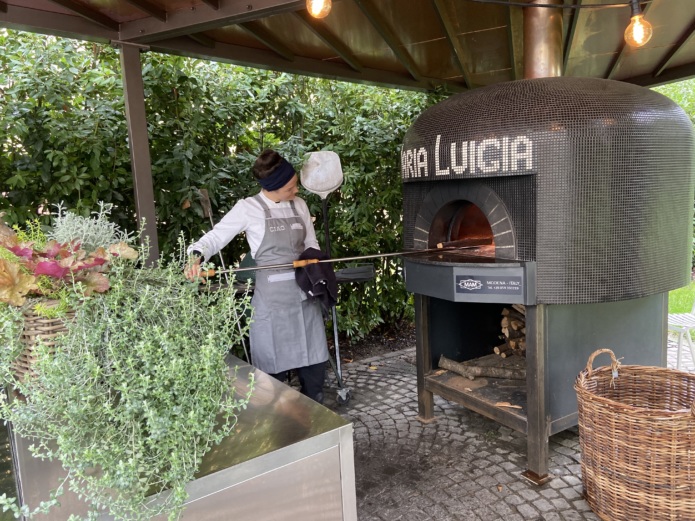
You won a Webby award earlier this year. As a whole, how important do you think virtual experiences will be in the future?
In my hope, we won’t need them in the future. But I’m not so sure. Because I’m Italian and I’m very open-minded and open-spirited, one of the things I love the most is a personal approach with people. I said in an interview that the first thing I would do when we were able to reopen would be to hug people. When you look in the eyes of people and you have a personal approach, you can transfer much deeper emotion than through a computer screen.
It’s not easy — when I did [the Instagram Live series] Kitchen Quarantine, I was thinking not to create a Masterclass, but to bring joy into families. And to give the example to other chefs to approach the lockdown in a way to bring joy into the homes of people who may be in more difficult situations. So it wasn’t easy to connect for so long and try to stay smiling and positive in such a dark moment.
And I’m worried because, in a moment like this, after we pass through three months of closing and lockdown, to be forced to close again would be unbelievable. But if I think deep, we need guests, friends that come from all over the world with the right spirit. We need to rescue — I don’t know if that’s the right word — that spirit, that joy of sitting at the table.
So my hope is that we’re going to find a vaccine very soon, and not have a lockdown, which would be terrible for everyone, especially for our industry, for restaurants and hospitality that are some of the most affected.
I want to ask you about sustainability. You’re known for sustainable practice in your approach to food — is it possible during this crisis to be sustainable?
Our project Food for Soul is stronger than ever. During quarantine, we were able to work to a new Refettorio in Merida, Mexico. Obviously we weren’t able to hold people inside, but we were able to finish the reparation of this old convent, and we started the service of meals to go immediately. In Paris, the guys responsible for the everyday workings of the Refettorio, they connected with restaurants that were in lockdown and they were serving and delivering 3,000-5,000 meals a day.
On the other side, we finished the transformation of Maria Luigia, all the gardens, fields, fruits, trees, buckwheat — you know, all the things that are now part of our everyday life. More sustainable than that, there’s nothing.
On the other side, we received a message from a very special person who decided to donate to OzHarvest, our partner in Australia, a building in which we’re going to build the Refettorio in Sydney. And the connection in Peru gets stronger and stronger, and we will also be able to open a Refetorrio in Lima. So you see, connection after connection. If you spread seeds of joy and creativity and good vibes, you’re going to have an amazing garden.
A lot of the world restaurant industry’s response to the crisis tried to help farmers, as well as feeding the most vulnerable in society. I know you just talked about Food for Soul-
The weakest ring of this chain now are the restaurants. The restaurants are totally locked down. A very important winemaker in Italy said to me, “Now, it’s time to help the restaurants. Until now, the restaurants were our window to show the world who we were. Now it’s time for us to give the opportunity to the restaurants in a difficult position to have our wine and pay the restaurants just to sell the wine.” It’s a very interesting concept.
As the world hopefully shifts towards more fair food systems, do you think the role of the chef will change to match that?
The role of the chef has already changed. But since the Milan Expo, when 65 of the most influential chefs in the world created this unbelievable project called Refettorio, fighting food waste and social isolation, the role of the chef completely changed. The ethics and aesthetics are one and only one thing. So there’s the humanistic revolution that is already there. But the role of the chef now is to step out of the kitchen and to let people know what they think, and what their ideas are. The chefs in 2020 are much more than the sum of their recipes.
*****
On August 25-28, Massimo Bottura is hosting a virtual interactive cooking demonstration, followed by a live Q&A. This Resy at Home Experience is exclusive to Resy users who add their American Express Cards to their Resy profile. Learn more about this experience, and others from award-winning chefs, here.
*****
David Paw is Resy’s international editor. Follow him on Instagram. Follow @Resy, too.
Discover More


